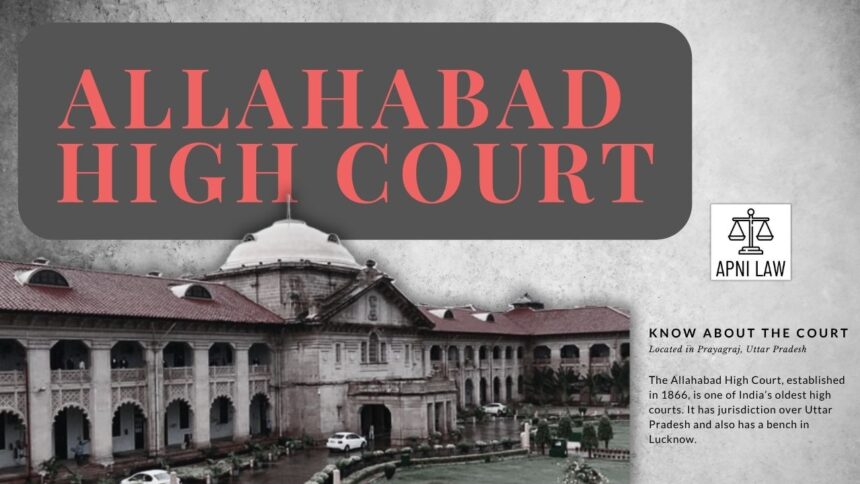Introduction
In Ram Chandra Ram v. State of U.P. and Others, the Allahabad High Court delivered a significant ruling on September 10, 2025. Justice Rajeev Misra emphasized that courts must not order DNA tests of a rape survivor and her child routinely. He warned that such tests carry serious social consequences when used without strong justification. The court set a high threshold, requiring “compelling and unavoidable circumstances” before directing such tests.
Facts of the case
The victim (the prosecutrix) and her child were at the center of a criminal case. The accused faced charges under Section 376 (rape), 452 (house trespass), 342 (wrongful confinement), 506 (criminal intimidation) of the Indian Penal Code, and Sections 5 and 6 of the POCSO Act. The trial court had already examined five witnesses when the accused applied for a DNA test of the prosecutrix and her child. He argued that the child seemed fully grown and thus could not be his. The trial court rejected this application. The accused then appealed to the High Court, claiming the DNA test would prove his guilt or innocence.
What the court says
The High Court upheld the trial court’s decision. It insisted that courts should not preempt the trial by ordering DNA tests without strong reasons. Justice Misra held that paternity is not a necessary consideration under Section 376 of the IPC. He observed that compulsory DNA testing of the victim and her child could have harmful social effects. He stated that courts must exercise caution, restraint, and care in considering such requests. The court applied the principle that only cases presenting compelling and unavoidable circumstances, amounting to a cast-iron case, can justify ordering a DNA test of the prosecutrix and her child. Since the accused failed to show such circumstances, the High Court refused to direct the test.
For any specific query call at +91 – 8569843472
Implication
This ruling sets a firm legal standard in rape trials. It signals that courts should not allow DNA tests to become routine tools for investigating paternity. The decision reinforces that the core issue in rape cases is whether the sexual act was non-consensual, not who fathered a child. The judgment protects the privacy of survivors and their children and guards against unnecessary intrusion. It aligns with broader judicial trends reserving DNA tests for exceptional situations and not as a default step in sexual offence cases.








